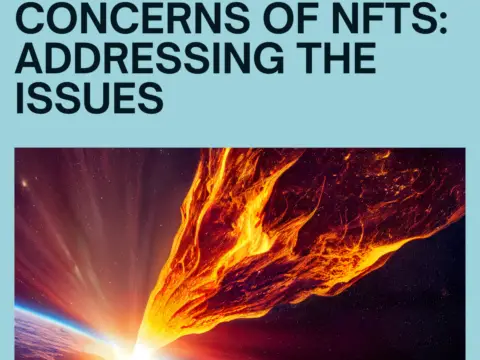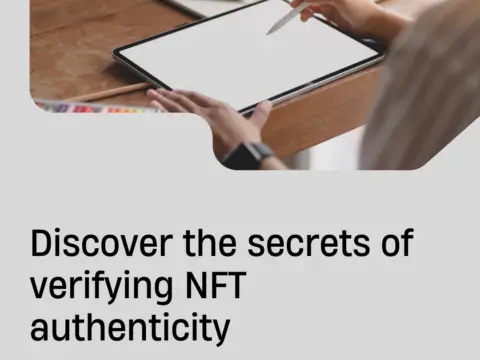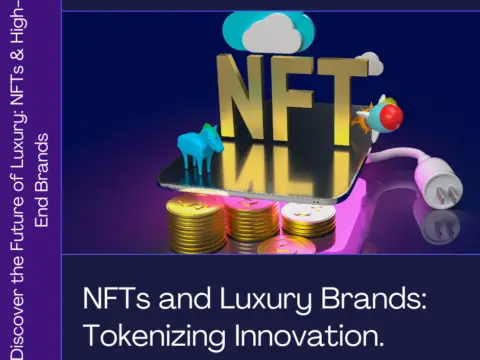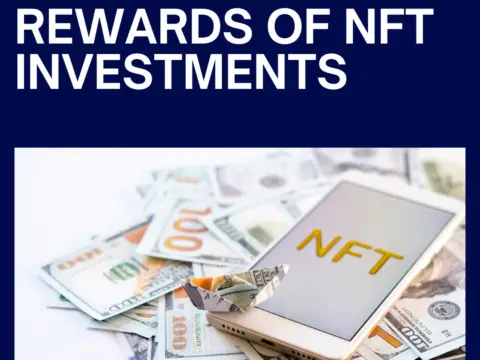The fusion of non-fungible tokens (NFTs) with blockchain technology has given rise to a revolutionary paradigm in the gaming industry, marked by the advent of decentralized gaming economies. This article explores the symbiotic relationship between NFTs and blockchain gaming, delving into how these technologies collaborate to reshape in-game assets, player experiences, and the overall economics of virtual worlds.
1. Redefining In-Game Assets: NFTs have redefined the concept of in-game assets. Traditionally, players could amass virtual items, but true ownership was often limited by centralized gaming platforms. NFTs bring true ownership by representing in-game assets as unique, verifiable tokens on the blockchain. Gamers can buy, sell, and trade these assets across different platforms with complete ownership and provenance.
2. Interoperability and Cross-Platform Gaming: Blockchain gaming, fueled by NFTs, encourages interoperability across various gaming platforms. Players can carry their NFT-based assets seamlessly between different games, fostering a unified gaming experience. This interoperability expands the possibilities for gamers and promotes a collaborative gaming ecosystem.
3. Player-Driven Economies: Decentralized gaming economies empower players by allowing them to participate in the creation of value within the gaming ecosystem. Through blockchain and NFTs, players can earn real-world value for their in-game achievements, items, or creations. This shift from a centralized to a player-driven economy enhances the sense of ownership and engagement.
4. True Scarcity and Rarity: NFTs introduce the concept of true scarcity and rarity in gaming. Each NFT is unique and limited in quantity, creating a genuine sense of rarity for digital items. This scarcity, validated by the blockchain, enhances the desirability and value of certain in-game assets, fostering a dynamic and collector-driven market.
5. Play-to-Earn Models: Blockchain gaming introduces play-to-earn models, where players can earn cryptocurrency or NFTs through their in-game activities. This innovative approach disrupts traditional gaming revenue models by allowing players to monetize their skills and time invested in the virtual world. Play-to-earn models democratize the gaming economy, providing financial incentives for players.
6. Community-Driven Development: Blockchain gaming embraces community-driven development. Players become stakeholders in the gaming ecosystem, with the ability to influence the direction of the game. Decentralized governance, enabled by blockchain, allows players to propose and vote on changes, ensuring a more inclusive and democratic development process.
7. Enhanced Security and Transparency: The blockchain’s immutable nature ensures the security and transparency of in-game transactions. Players can trust that their NFTs are secure, and the history of each item is transparently recorded on the blockchain. This mitigates fraud and counterfeiting issues prevalent in traditional gaming economies.
8. Collaborations and Partnerships: NFTs in blockchain gaming open avenues for collaborations and partnerships. Gaming companies, artists, and brands can collaborate to create limited edition NFTs, enhancing the overall gaming experience. These collaborations can extend beyond the gaming world, bridging the virtual and physical realms.
9. Evolution of Virtual Realms: Decentralized gaming economies, powered by NFTs, mark the evolution of virtual realms. These digital ecosystems become vibrant, self-sustaining communities where players actively contribute to the economic and social fabric. The evolution of virtual realms presents a new frontier for creativity and innovation in the gaming space.
10. Challenges and Future Innovations: While blockchain gaming and NFTs present exciting opportunities, challenges such as scalability, environmental impact, and regulatory considerations persist. The future holds innovations addressing these challenges, paving the way for more sustainable, inclusive, and globally adopted decentralized gaming economies.
Conclusion: NFTs and blockchain gaming are converging to create a paradigm shift in how gamers interact with virtual worlds. The decentralization of gaming economies through NFTs not only transforms the gaming experience but also opens doors to new possibilities, collaborations, and economic models that were once thought impossible in the traditional gaming landscape. As this revolution continues, the fusion of NFTs and blockchain gaming stands poised to redefine the future of digital entertainment.




